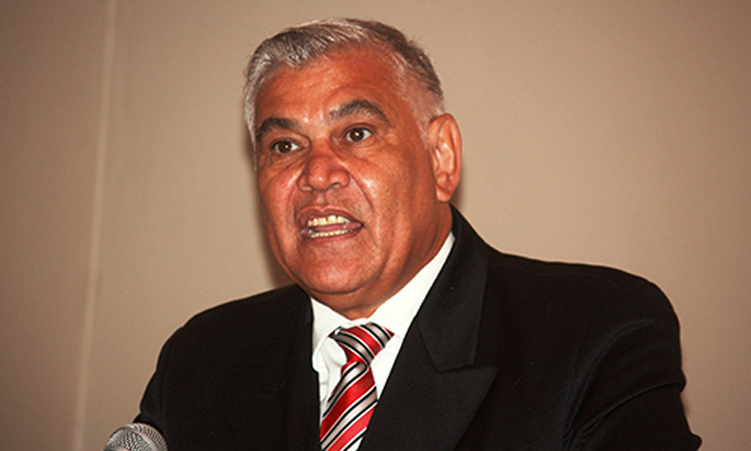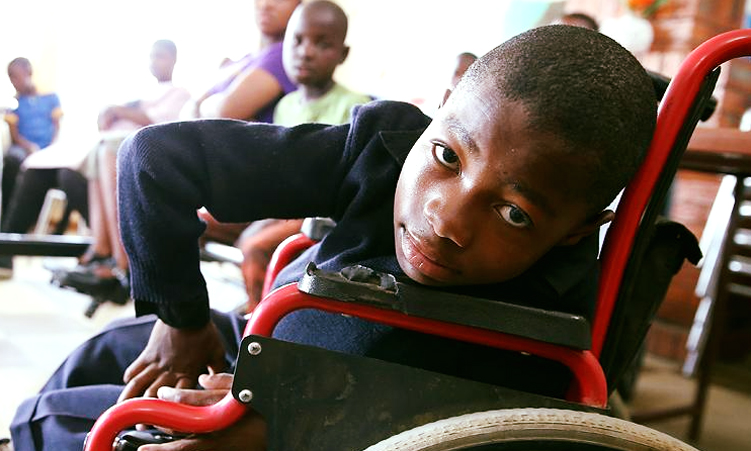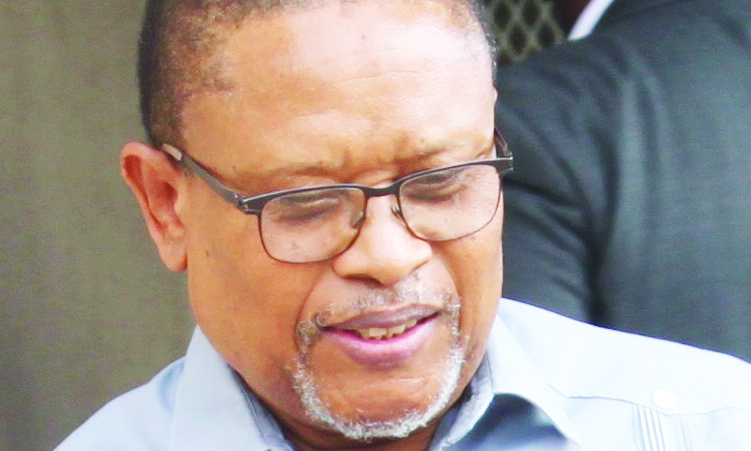UNESCO hosted a round table discussion on Freedom of Expression and Democracy, and Access to Information at the Polytechnic of Namibia, Hotel School, on 19 May 2004.
The meeting was attended by Minister of Information and Broadcasting, Nangolo Mbumba, as well as various media practitioners. Dr Claudia Harvey, Unesco Director and Representative to Namibia, said she regarded the meeting as a milestone achievement in promoting press freedom and professionalism and commended Namibia as a country for its’good practices’ toward the media.She said the idea behind the meeting was to enhance the capacity to fearlessly and fairly deliberate on the issues of the day; give voice to the voiceless and enhance democracy.This should be seen against a background of the need for a code of ethics for journalists, as well as a media ommbudsman or council that would benefit the media in Namibia.The discussions, chaired by Professor Mchumbo of Unam, touched on a wide range of issues pertinent to the media, including elections reporting as well as the need for media professionalism.The chair of the Electoral Commission, Victor Tonchi, spoke briefly with regard to media coverage of the recent local government elections, saying that his Commission had worked well with the media during the elections, and was pleased with what he called the objectivity of reporting.He expressed the hope that the website developed by his Commission had been helpful to journalists, and hoped that counting of votes would be a faster in the future.Minister Mbumba spoke briefly on the need for responsibility by the media; and urged them to work towards enhancing peace rather than contributing to political chaos and even wars – as had happened in other countries.Speaking on the recently-held elections, Mbumba emphasised Namibia’s democracy, saying that 7 to 8 political parties had participated; as well as 6 to 9 associations, which was a positive sign of political plurality.Voting had therefore already become a ‘normal exercise’ in Namibia, and parties were challenged to be on their toes and to exercise responsibility, accountability and to promote national identity.Topics discussed range from government funding of media to the need to cover rural areas more effectively as well as the prioritisation of media ethics.Dr Claudia Harvey, Unesco Director and Representative to Namibia, said she regarded the meeting as a milestone achievement in promoting press freedom and professionalism and commended Namibia as a country for its’good practices’ toward the media.She said the idea behind the meeting was to enhance the capacity to fearlessly and fairly deliberate on the issues of the day; give voice to the voiceless and enhance democracy.This should be seen against a background of the need for a code of ethics for journalists, as well as a media ommbudsman or council that would benefit the media in Namibia.The discussions, chaired by Professor Mchumbo of Unam, touched on a wide range of issues pertinent to the media, including elections reporting as well as the need for media professionalism.The chair of the Electoral Commission, Victor Tonchi, spoke briefly with regard to media coverage of the recent local government elections, saying that his Commission had worked well with the media during the elections, and was pleased with what he called the objectivity of reporting.He expressed the hope that the website developed by his Commission had been helpful to journalists, and hoped that counting of votes would be a faster in the future.Minister Mbumba spoke briefly on the need for responsibility by the media; and urged them to work towards enhancing peace rather than contributing to political chaos and even wars – as had happened in other countries.Speaking on the recently-held elections, Mbumba emphasised Namibia’s democracy, saying that 7 to 8 political parties had participated; as well as 6 to 9 associations, which was a positive sign of political plurality.Voting had therefore already become a ‘normal exercise’ in Namibia, and parties were challenged to be on their toes and to exercise responsibility, accountability and to promote national identity.Topics discussed range from government funding of media to the need to cover rural areas more effectively as well as the prioritisation of media ethics.
Stay informed with The Namibian – your source for credible journalism. Get in-depth reporting and opinions for
only N$85 a month. Invest in journalism, invest in democracy –
Subscribe Now!






